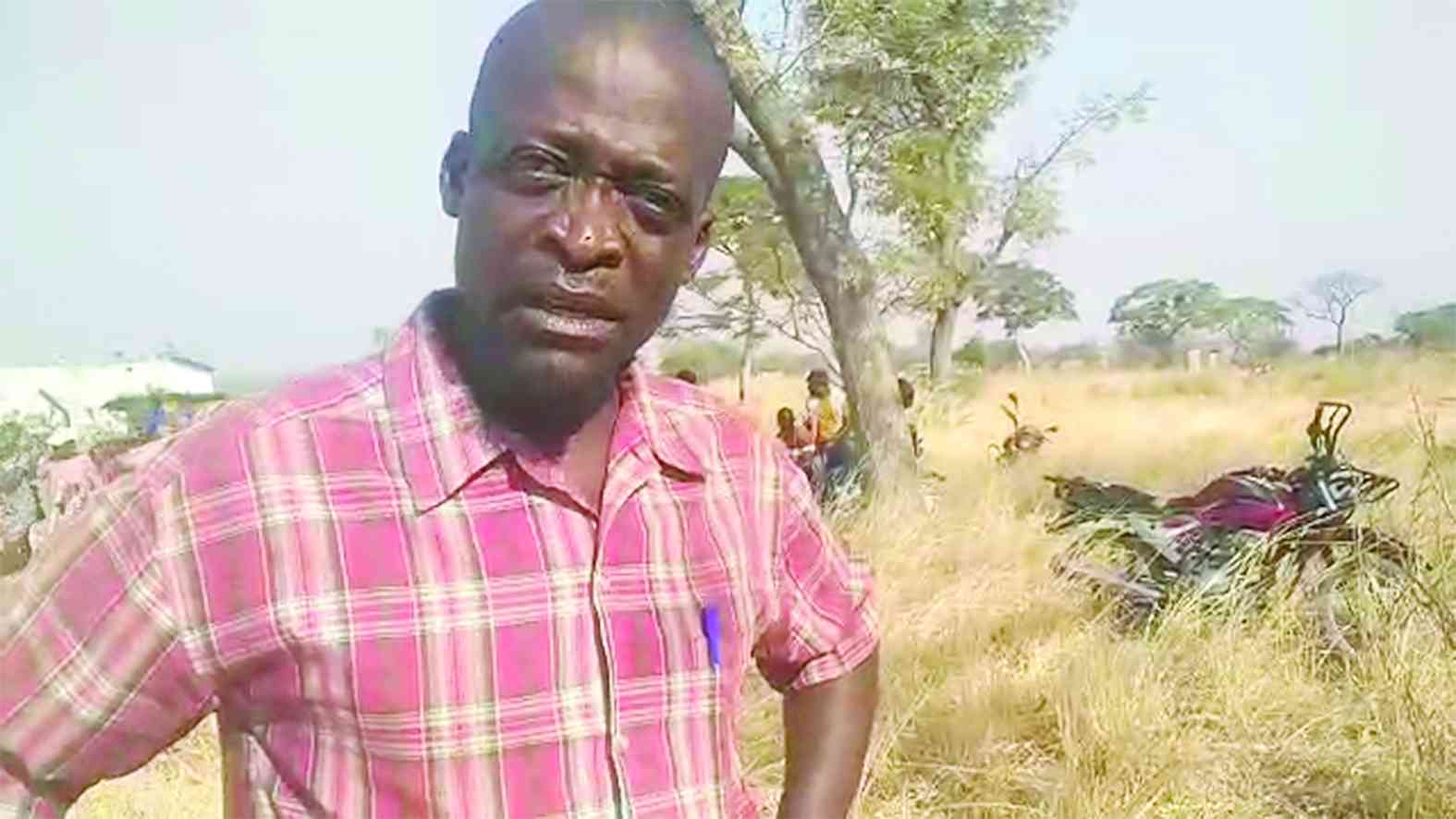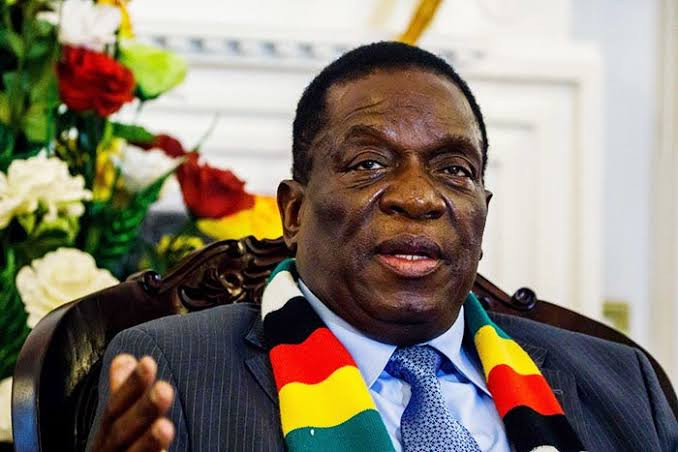
THIRTEEN-YEAR-OLD Tambaoga Mupamombe from Mazhaka village starts his daily chores early in the morning.
The first thing he does is to fetchwater from the river, almost 3km from his homestead.
Clad in tattered khaki trousers and an oversize shirt, the teenager will spices up his day by releasing cattle into the plains.At his age, he has never set foot in a school yard.
He cannot read and write.
Tambaoga is among several children in Mazhaka Resettlement area under ward 9 in Hurungwe, where scores of children are not going to school due to lack of educational facilities.“I have never been to school and I don’t think I will attend one in my lifetime,” he says.
According to insiders, Mazhaka resettlement area is mired in controversy after its seizure from white former farmers during the chaotic land reform programme at the turn of the millennium.
The formalisation has taken long to avail basic necessities including access to clean and safe water, health, road networks and education facilities, among others.
This is the sad reality afflicting some communities in far-flung rural areas in Hurungwe district, Mashonaland West province.Ward 19 councillor Samuel Mabhera is a frustrated man.
His annoyance is driven by lack of schools in his outlying rural ward that is sandwiched by communal and commercial farms in Hurungwe East constituency.
“It may sound strange, where some affected children are now 18 old years without setting their feet in class. Some of the affected communities are within Mazhaka resettlement area,” he says.
“My ward is one of the largest within Hurungwe district. We still have young children that have been denied the right to education due to long distances from one point to the other.“Some of the affected children used to travel for 18km from Kapena to Oldenue Farm that has an established school. Through community participation, we moulded 180 000 bricks to build a school block so that the distance is reduced. The new school covers Grades 1 to 5.”
Mabhera reveals that at Rufaro Farm, there is an ECD school with 75 children.
“It has been there for seven years and some of the children do not go to school at all due to long distances,” he said.
“We are appealing to responsible authorities to help us so that our children can have access to education as a basic human right.”
He further explains that the outlying rural community has “no roads”, further worsening the remoteness of the ward.
“We are using hoes and shovels to construct roads to gain access. We are still awaiting formal road construction by council. It’s a pity that the same neglected farmers have to pay rates to council,” Mabhera said.
The rural outpost is situated near Sunduma River, the boundary between Hurungwe and Makonde districts.
Mabhera further highlights that access to health is one of the human rights issues giving him sleepless nights as a policymaker.
“Some villagers used to travel for over 15km to Tengwe Clinic. We were fortunate enough that a local white commercial farmer Kugler used to ferry nurses from Tengwe on Thursdays to his farm. He helped us to construct Murambi Clinic, which has been a relief for the communities,” Mabhera says.
However, villagers in Mazhaka still travel 22km to the nearest clinic.“We hope to construct a sub-clinic near Mazhaka so that mostly pregnant women and children can have access to a health facility within a short distance. Our community is not safe on health matters due to long distances,” he says.
A villager, George Mubika, complains that the delay in the release of funds for the Basic Education Assistance Module (BEAM) programme by government is affecting school development in the area.
“Most parents or guardians that have children under BEAM do not bother to contribute financially although government can take over two years without releasing the funds. This is retrogressive for school development,” Mubika said.
Another villager, Prisca Madaka, added that they faced water challenges in Mazhaka.
“We do not have enough boreholes in the ward. Some villagers rely on unprotected water sources, which they share with domestic animals,” she said.
Hurungwe East MP Chenjerai Kangausaru says he will work hard so that education facilities are availed in the constituency.
“Education is one of my major priorities since I have personal attachment to the sector. I will strive to seek and get assistance for the affected communities around the constituency,” he said.
“I have noted the concerns of long distances such that we will engage Hurungwe Rural District Council to partner some stakeholders so that the right to education and health is fulfilled as required. No one must be left behind.”
For young rural boys like Tambaoga, such promises by Kangausaru can only be a helpful if implemented as soon as possible.










